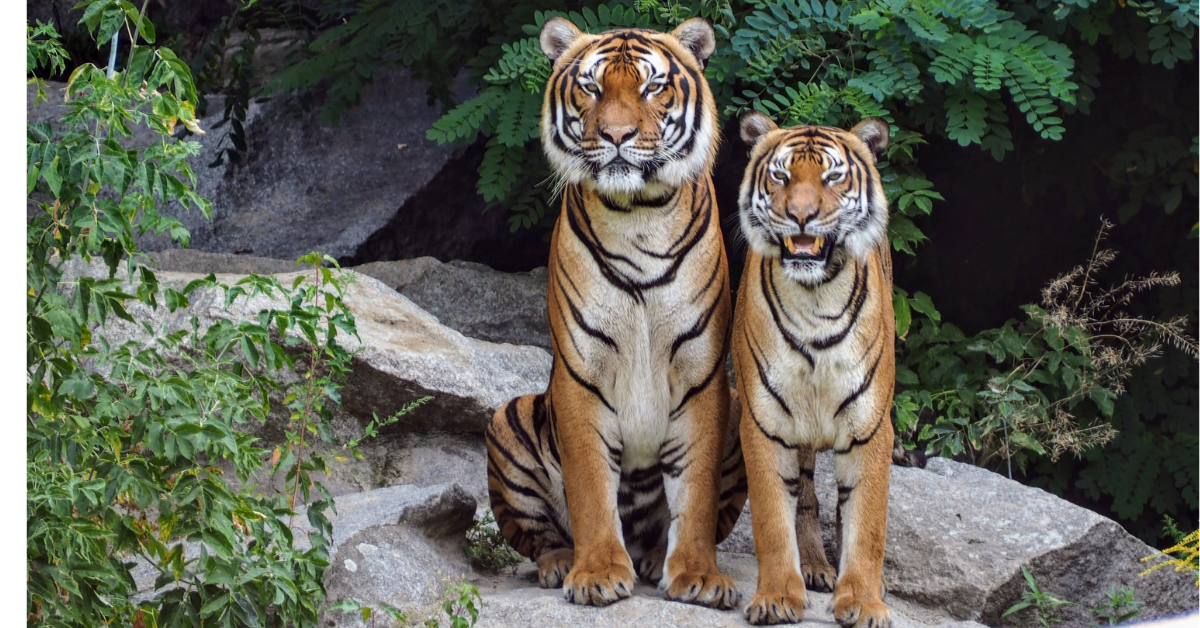We must have expressed concern over the conservation of tigers, lions, and elephants, primarily because of their extinction. But today, many such species of flora and fauna are disappearing, which keeps the ecosystem stable.
We do not know how many species have been lost by humankind since they took dominance over the earth. We threaten roughly 8,400 species of wildlife and flora, and it is believed that we have pushed about 30,000 species away from their existence. Earlier, it has also been believed that if this continues, we will make about one million species towards extinction sooner than later in the coming years.
We have certainly discussed extinct species, but perhaps if we had data about the adverse effects on these species, whether wildlife or plant species, would be directly affected by their extinction, we would have been more serious. The overall health of any ecosystem is probably also directly related to human life. Because if the deteriorating winds can directly attack our respiratory system, it is somehow linked to the climate too, where all the species of flora and fauna meet the condition of their being. Be it pure water or food, they directly relate to the ecosystem.
The earth has woven the entire ecosystem through 46 million years of hard work in such a fabric, in which every small life or non-living element has a good relationship with each other. They have interdependence, and this is why if this dependency is broken for any reason, then there is upheaval in the ecosystem.
Now the reason for the loss of biodiversity is man himself. According to the IUCN report, 121 plant species and 735 animal species have become part of the Red List. One-third of the species are endangered, of which 41 percent are amphibians, 25 percent mammals, and 13.30 percent are bird species.
These are data findings after the study of 63,838 species, which is only four percent of the total available species on the earth, meaning 96 percent of the species have not even been studied.
Understanding nature, science, and systems is negligible in all our education. If it had been a part of education from the early stages, then perhaps we would have given importance to our ecosystem, which would be reflected in our policies.
For some time now, if we acknowledge the rate at which forest and ecology we lost Every year, it shows some seriousness towards the nature in future. The figure is in front of us. We lose close to around 1090 million hectares of forest around the world. Also, understand that the Amazon, which is called the lungs of the world, loses a forest equal to a football field every minute.
Today we should also consider that 400 dark zones have already formed in the ocean, which means that life in these areas has become negligible or zero. We have set up sanctuaries worldwide to protect wildlife, but these sanctuaries have become ambushes. This does not merely raise questions of mismanagement but points to a more crucial collective participation which is in a state of nil.
Look into your own country. How alarming the death of a tiger has come to be only in the recent years. Still, we have not been able to seriously understand the importance of wildlife in our education, which in one way or the other contributes a lot to our economy, food, and various other necessities, which are directly related to human life. Until such an understanding is not made, we will continue to celebrate such days every year to show off.


Such a massive message